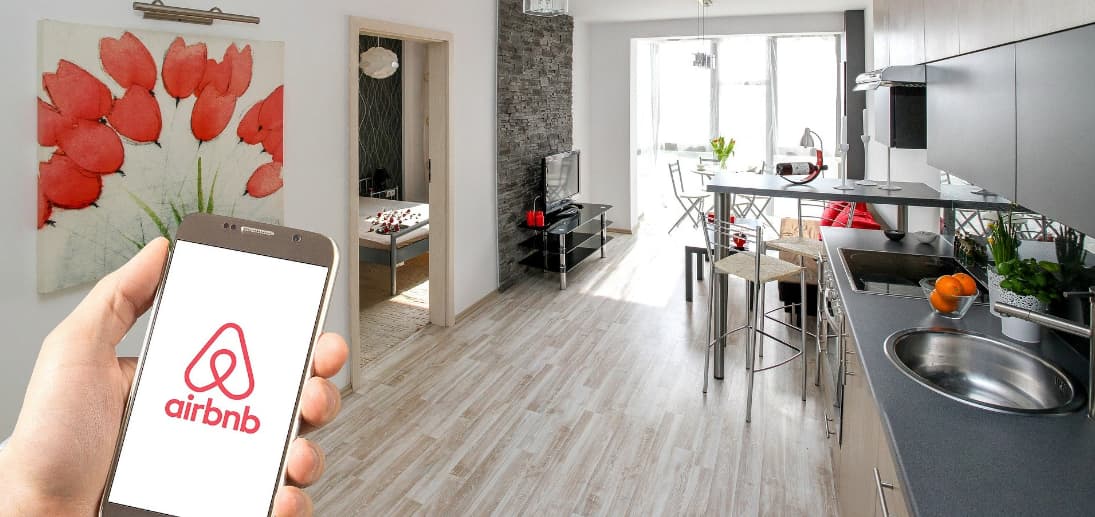MAGAZINE




Property tax reform 2022: What owners have to do now
Breaking News: The deadline for filing property tax returns has been extended! The property tax return must now be submitted by January 31, 2023.[a] The German government has revised the calculation of property tax. As a result, all owners of land or real estate must submit electronically completed declarations of assessment. But what exactly are the rules and what values must owners declare?
The assessed values which were last determined in 1964 (in West Germany) and 1935 (in East Germany) form the basis of the calculation of the current property tax.[1]. With its ruling on 10 April 2018,[2] the Federal […]



Selling a property and moving home during lockdown – what to look out for
Your property is no longer right for you. It’s too small for you and your growing family, or too big now that the kids have left home. Yet now you are wondering about selling up during the lockdown – how do you go about organising the actual move? Are you even allowed to use the services of a removal company right now?
In principle, there hasn’t been a ban on house moves at any point during the lockdown in Germany. Removal companies are working more or less “normally”, whilst adhering to the social-distancing and hygiene rules. As […]



What legal regulations/plans can we expect for the property market in 2022?
Below, you will find a small selection of legal changes that have already come into force or will do so in 2022. These are joined by the regulations and plans of the local Berlin government and the national government. The combination of laws that have already been passed and the plans from the two coalition agreements at the national and local level means that there is a wide variety of topics you are likely to find interesting.
The rent freeze is being extended In the coalition agreement’s ‘Tenant protection’ section, the new federal government has set out the renewal of the rent-freeze regulations and extended these until 2029. Furthermore, it has been […]



Booming Berlin – property prices continue to rise
As the year got under way, the major research institutes and departments, assessors associations, statisticians and market observers published their figures relating to Germany’s property market. The results are illuminating and provide insight into potential future developments. This year, the trend is once again clear: property prices are continuing to rise across the board – though less dynamically than before.
Berlin – a city of possibilities Berlin is a modern, dynamic metropolis with international pulling power. The break-neck pace of development here over the past three decades is reflected in the diametric contrast of challenges […]




PropTech – digital innovations that also benefit private landlords
PropTech is short for ‘Property Technology’, i.e. digital technology for the property sector. The term is most commonly used in relation to start-ups developing digital products and services for every conceivable process within the property sector. A broad field. To date, however, PropTech remains relatively unknown among private landlords in Germany. And yet they too stand to benefit tremendously from intelligent and innovative digital solutions.
Although the German property sector was initially slow to embrace digitalisation, large housing associations, institutional investors and product developers are now keen users of these innovations developed by PropTech companies. The main reasons for using […]




Airbnb verdict on the Repurposing Act
Since 2014, the so-called Repurposing Act (Zweckentfremdungsgesetz) has been in force in Berlin. The aim of this legislation is to ensure that apartments are used for standard tenancies only. This is to prevent apartments from being withdrawn from the conventional rental accommodation market and to make it easier for tenants to find housing. Since the law came into force, a permit is required before an apartment can be repurposed, e.g. as a holiday home.
The act has been amended in numerous ways over the years with the intention of making it more effective. In 2018, an amendment came into force that requires providers of holiday apartments to join a […]








